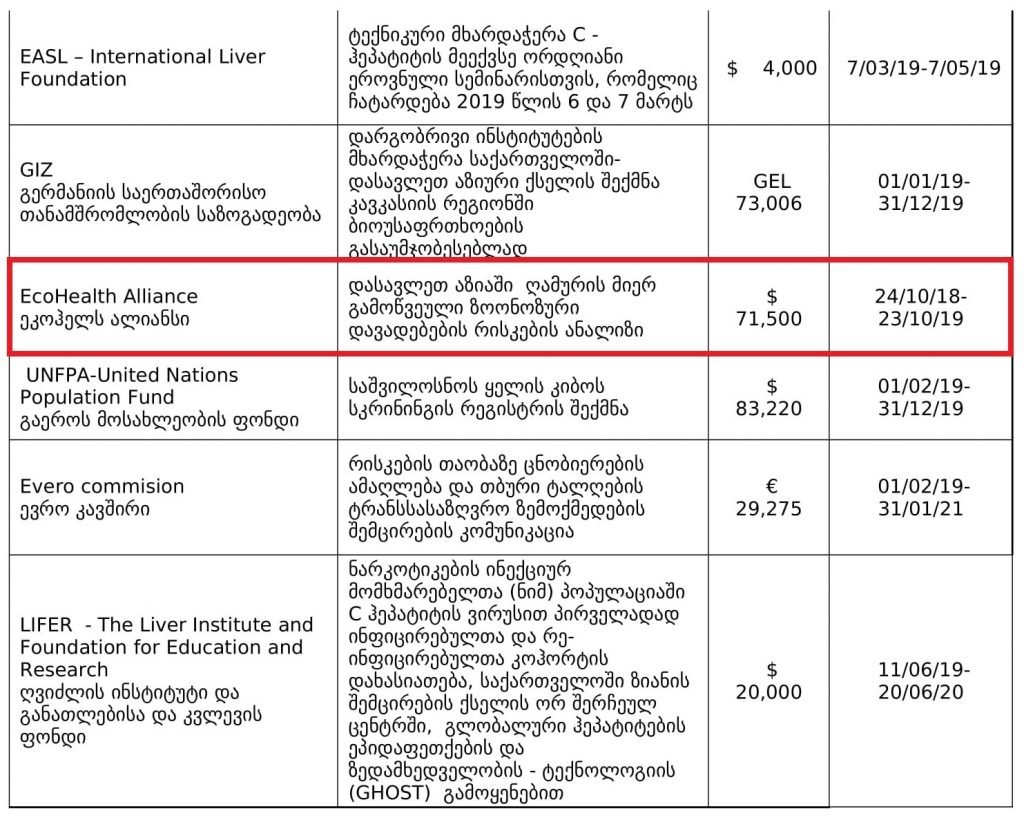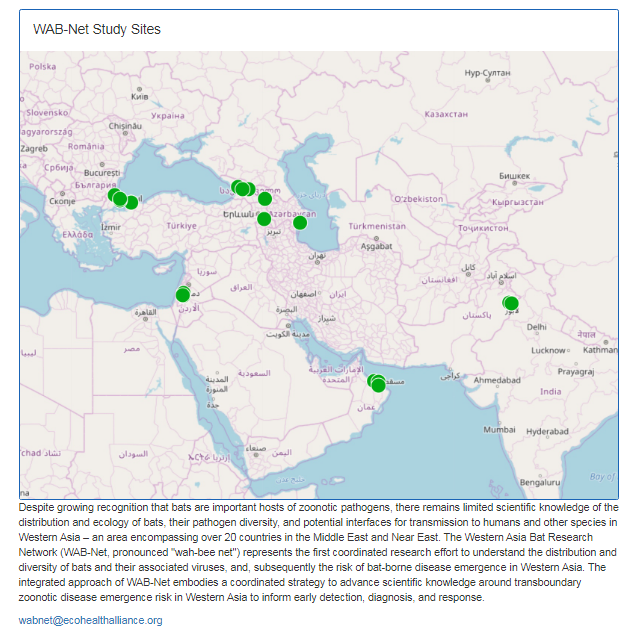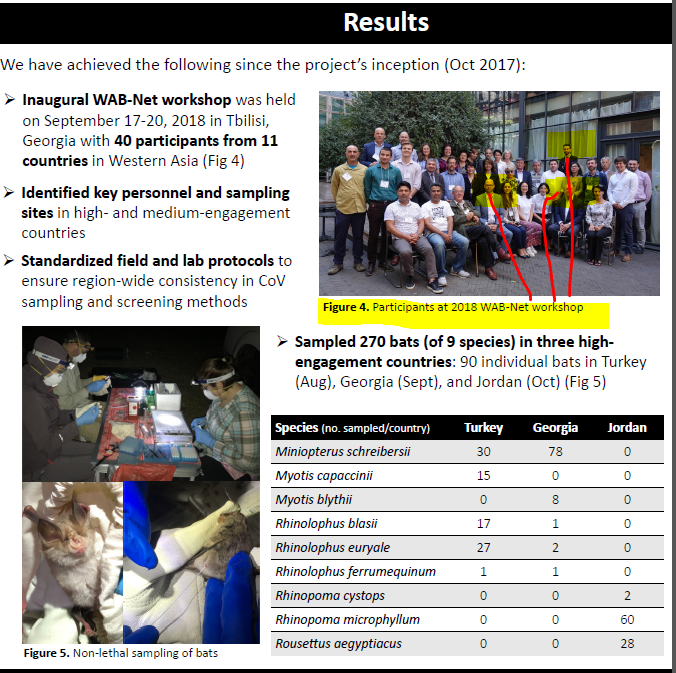- You pay hefty fees on an annual basis to the bank.
- The lockers aren't insured
- There's no real safety/security in case of theft or an unfortunate event.
Is there a work around?
Yes.
Enter "Gold Monetisation Scheme".

Rule 3 : DO NOT run or trade everything that moves. Focus on a few stocks and master them. When a move comes, make the max out of that move.
— Subhadip Nandy (@SubhadipNandy16) October 14, 2021
Example : in this crazy mkt, I did not even trade TataMotors this week. Stayed focussed on ITC and it gave good returns https://t.co/41wkugZg1I
IV - A thread
— Subhadip Nandy (@SubhadipNandy16) September 20, 2018
In financial mathematics, implied volatility of an option contract is
that value of the volatility of the underlying instrument which, when
input in an option pricing model ) will return a theoretical value equal to the current market price of the option (1/n)
Every week, I post a thread with the top ten tweets.
— Aditya Todmal (@AdityaTodmal) January 7, 2022
People seem to enjoy these a lot.
\U0001f9f5 Here's a list of all of them in order of appearance: \U0001f9f5
\U0001d401\U0001d41a\U0001d42c\U0001d422\U0001d41c\U0001d42c \U0001d428\U0001d41f \U0001d403\U0001d41e\U0001d42b\U0001d422\U0001d42f\U0001d41a\U0001d42d\U0001d422\U0001d42f\U0001d41e\U0001d42c
— Nikita Poojary (@niki_poojary) January 8, 2022
\u2022 What is a derivative
\u2022 Various derivative products
\u2022 Participants in derivatives market
\u2022 Uses of derivative instruments
\u2022 Beta & hedge ratio
\u2022 Option Greeks
Time for a Thread \U0001f9f5
Curated in collaboration with @AdityaTodmal pic.twitter.com/x6IHoQubOT
Most of the Trading community doesn\u2019t know how to use Twitter effectively.
— Aditya Todmal (@AdityaTodmal) January 15, 2022
Here are 8 powerful ways to use Twitter: \U0001f9f5
Collaborated with @niki_poojary pic.twitter.com/TuZt72PIzd
\U0001d401\U0001d41a\U0001d42c\U0001d422\U0001d41c\U0001d42c \U0001d428\U0001d41f \U0001d403\U0001d41e\U0001d42b\U0001d422\U0001d42f\U0001d41a\U0001d42d\U0001d422\U0001d42f\U0001d41e\U0001d42c - \U0001d40f\U0001d41a\U0001d42b\U0001d42d \U0001d408\U0001d408
— Nikita Poojary (@niki_poojary) January 15, 2022
\u2022 How options can be used
\u2022 How to trade in options & exit strategy- buyers
\u2022 Imp of theta decay
\u2022 How to trade in options & exit strategy -sellers
Time for a Thread\U0001f9f5
Curated in collaboration with@AdityaTodmal pic.twitter.com/Ebd99afDKB




